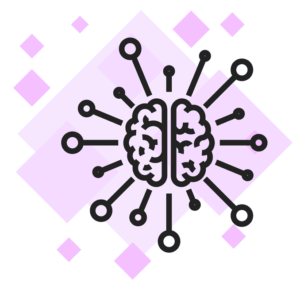The World Economic Forum (WEF) is putting together a Global AI Action Alliance to facilitate the development of ethical AI technologies that improve the lives of people all over the world. The Alliance is comprised of more than 100 AI stakeholders, including private companies, academic institutions, and government and non-profit organizations.

According to the WEF, the Alliance is being set up to make sure that AI delivers on its potential, and is used for the good of all humanity rather than the good of a select few. As it stands, North America, Europe, and China will reap 80 percent of the economic benefits of AI technology based on the latest adoption trends. The remaining two-thirds of the world, meanwhile, will receive only 20 percent. By the year 2030, the WEF estimates that AI tech will boost global GDP by 14 percent, a figure that corresponds to roughly $15 trillion worth of activity.
The new Alliance is designed to address that imbalance. The WEF noted that while many organizations have created guidelines for the ethical use of AI technology, much of that development is taking place in silos. The same is true of commercial AI deployments. The benefits of AI are not evenly distributed, and it is tough for countries without it to catch up because they do not have the same knowledge base. Harmful applications are also more likely to emerge in the absence of clear ethical guidelines.
With that in mind, the Alliance will support collaborative initiatives, and act as a project incubator that allows stakeholders to pilot new ideas. In the process, the Alliance will generate a set of ethical best practices and promote the egalitarian use of the technology.
Arvind Krishna and Vilas Dhar will serve as the first two co-chairs of the Alliance. Krishna is the Chairman and CEO of IBM, while Dhar is the President of the Patrick J. McGovern Foundation, which has provided a grant to support the Alliance.

Follow Us